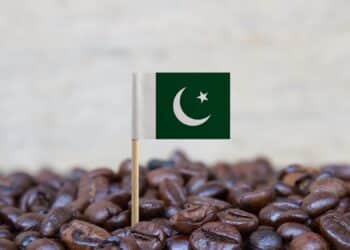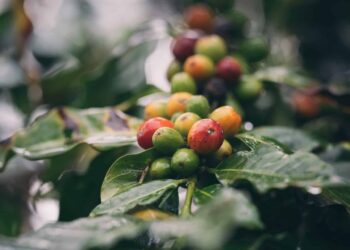A Memorandum of Understanding (MoU) has been signed between the Coffee Exporters and Processors Association of Rwanda (CEPAR), National Agricultural Development Board (NADB), and On Acre Fund-Tubura to improve Rwandan coffee farmers’ access to fertiliser.
The agreement will start in the 2026A season and will see all NPK 22-6-12+3S fertiliser distributed to farmers by One Acre Fund-Tubura. It will be made available to farmers beginning in early September 2025 to ensure sufficient time for proper field preparation and application.
CEO of NAEB Claude Bizimana says he hopes Rwanda’s coffee farmers will take advantage of the opportunity.
“This joint approach reflects a long-term commitment to strengthening Rwanda’s coffee sector by supporting farmers’ access to quality inputs in an efficient and timely model,” Bizimana says.
“We encourage every coffee farmer to make the most of this opportunity to boost the quality and quantity of their coffee harvest, speeding up their prosperity.”
No free fertiliser will be distributed under the agreement. Rather, it will be offered under a subsidised model where NAEB and CEPAR will cover 50 per cent of the cost.
The current cost of one kilogram of the fertilisers is US$1.10 (RWF 1592), meaning under the agreement farmers will pay US$0.55 per kilogram.
CEO of the One Acre Fund Belinda Bwiza says the MoU is the result of multiple sectors working together to achieve a positive outcome for coffee farmers.
“This MoU signed by NAEB, CEPAR, and One Acre Fund-Tubura serves as a strong example of what is possible when public institutions, private sector, and development partners unite behind a shared vision,” Bwiza says.
“Through early coordination, clear communication, and farmer-centric planning, this partnership lays the groundwork for the development of Rwanda’s coffee sector and a brighter future for farmers in general.”
According to the United States Department of Agriculture, Rwanda produced 300,000 60-kilogram bags of coffee in the 2024 marketing year between April and March, which is approximately 0.2 per cent of global production.





